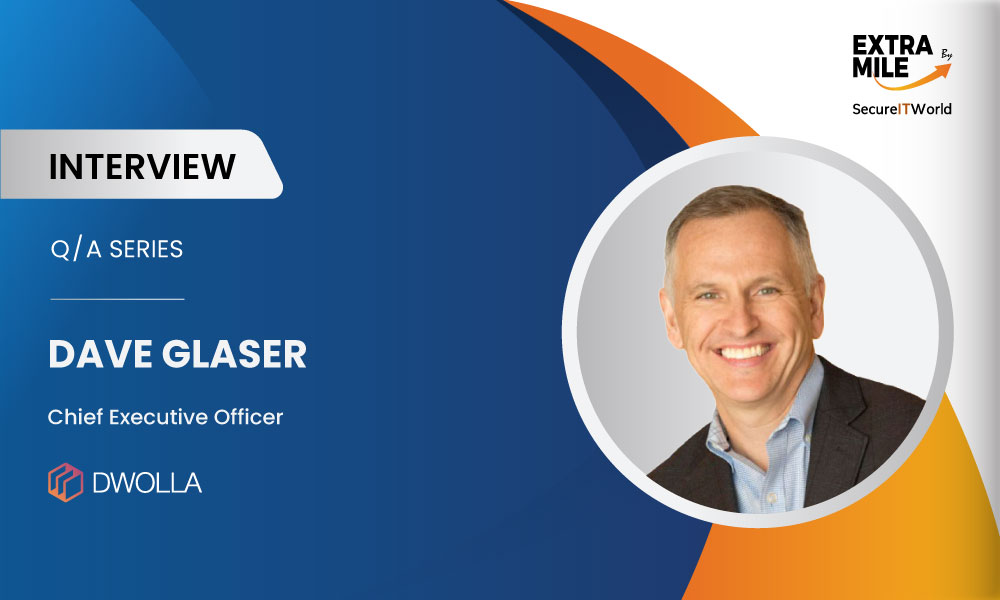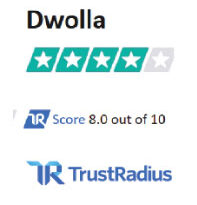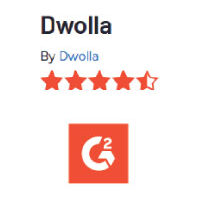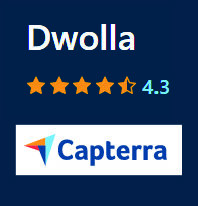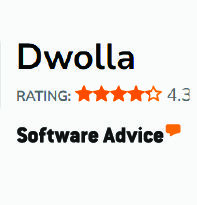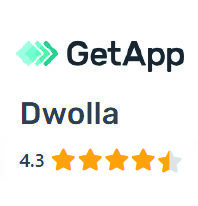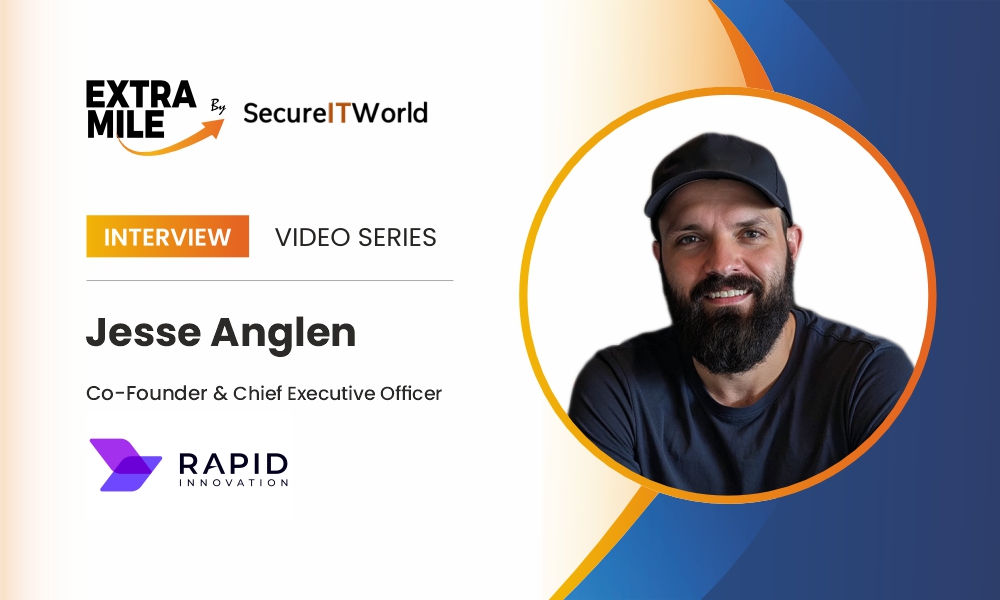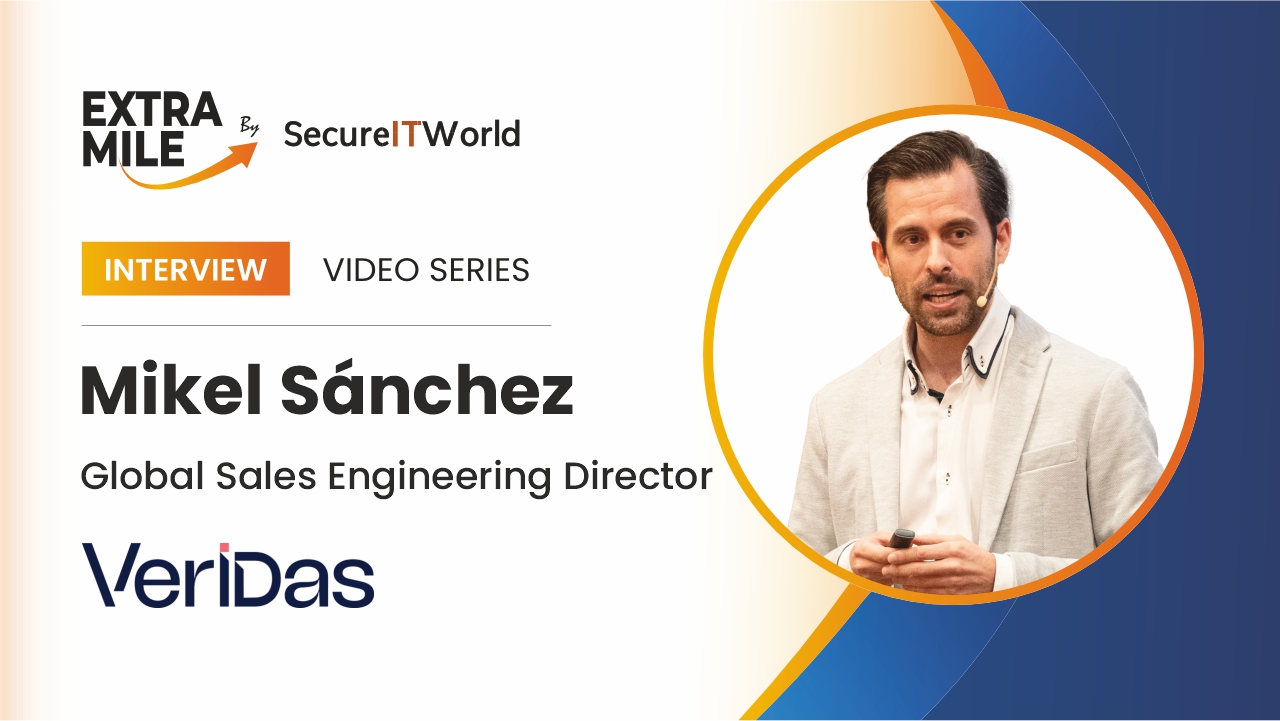Welcome to the latest episode of ExtraMile by SecureITWorld, where we bring you exclusive insights from industry leaders who are leading the way in technology and innovation.
Today, we are honored to have with us Dave Glaser, Cheif Executive Officer of Dwolla, a trailblazing platform in the digital payment industry.
Having a deep fintech background, Dave has made Dwolla a front-runner in payment security solutions. In this interview, he opens up about his journey from COO to becoming the CEO of the company. He shares his thoughts on the future of payments, and how Dwolla is approaching the critical topic of payment security and fraud protection.
From the benefits of ACH payments to the use of cutting-edge technologies such as tokenization, Dave offers insightful comments on how Dwolla is influencing the future of fintech.
Join us as we delve into Dave’s experiences, the challenges he has overcome, and his vision for Dwolla’s future innovations in digital payments.
Hello, Dave! It is great to have you with us today!
1. You have an incredible career in the fintech sector. From handling leadership roles in renowned companies to becoming CEO of a leading state-of-the-art payments platform. What inspired you to take on this role of CEO from COO at Dwolla, and how has your vision changed since becoming the CEO?
Ans. My transition from COO to CEO at Dwolla was driven by a deep belief in the company’s potential to transform how businesses move money. As COO, I had a front-row seat to the incredible talent and innovative solutions we were building. I felt a strong sense of responsibility to lead Dwolla into its next phase of growth.
Since becoming CEO, my vision has evolved from focusing primarily on operational excellence to a more strategic, market-driven approach. While operational efficiency remains crucial, I’m now laser-focused on expanding our platform's capabilities, fostering strategic partnerships, and ensuring Dwolla remains at the forefront of the payments industry. We're not just building an API platform; we're building the future of finance.
2. Payment security is an important concern for consumers and companies. Can you share how your platform ensures secure transactions? What role do advanced technologies like tokenization play in preventing fraud?
Ans. Security is a top priority at Dwolla. We employ a multi-layered approach that includes robust encryption, continuous monitoring, and strict adherence to industry standards. A key component of our security strategy is tokenization. This technology replaces sensitive data with unique tokens, significantly reducing the risk of data breaches. Even if a token is intercepted, it’s useless to thieves.
Tokenization, combined with our advanced fraud detection systems, provides a powerful defense against unauthorized transactions. We’re committed to staying ahead of evolving threats and continuously enhancing our security measures to protect our clients and their customers.
3. ACH payment has become one of the bases of the modern payment system. What advantages do ACH payments bring for companies, and how do the services at Dwolla make them more efficient and available?
Ans. ACH payments offer businesses significant advantages, including lower transaction costs, increased reliability, and enhanced control over cash flow. At Dwolla, we’vemade ACH more efficient and accessible through our modern API and unified platform. We simplify the complexities of ACH, allowing businesses to integrate seamless payment experiences into their applications.
Our platform automates payment workflows, reduces manual errors, and provides real-time transaction visibility. We also offer features like same-day ACH and realtime payments, giving businesses greater flexibility and speed. By streamlining ACH, we empower businesses to focus on growth and innovation rather than getting bogged down by payment complexities.
4. In the payment industry, you have played an important role. Currently, what are some of the most innovative projects or initiatives you are working on? How do you see them shaping the future of fintech?
Ans. We're pushing the boundaries of payment innovation on several fronts. First, our recent launch of Dwolla’s Open Banking Services, in partnership with key players like Visa and Plaid, is a game-changer. This enables businesses to access real-time financial data and initiate payments directly from customer bank accounts, streamlining workflows and enhancing user experiences. This is foundational to a more connected and secure financial ecosystem.
Secondly, we're heavily investing in integrating AI and machine learning into our platform. This isn't just about incremental improvements; it's about fundamentally transforming how we approach fraud prevention and risk management. AI allows us to analyze vast amounts of data in real-time, identifying patterns and anomalies that human analysts might miss. This proactive approach can significantly reduce fraud risks and strengthen the overall security of our platform.
Finally, we're building an intelligent payment orchestration infrastructure that connects to multiple payment rails, whether it’s ACH, RTP or FedNow, allowing businesses to seamlessly route payments through the most efficient and costeffective channels. This infrastructure layer provides unparalleled flexibility and adaptability, enabling businesses to optimize their payment strategies and stay ahead of the curve.
These initiatives are not just about enhancing our platform; they're about shaping the future of finance. We're creating a more connected, secure, and efficient payment ecosystem that empowers businesses to innovate and grow.
5. For any fintech business, going global is a major step. What were some of the biggest challenges you have faced while entering international markets, and how did you overcome them?
Ans. Currently, Dwolla is focused on building a best-in-class payment platform for businesses operating within the United States. We have not yet launched an international market presence. However, we recognize the growing need for seamless global transactions, and we have future plans to integrate international payment capabilities into our platform.
We are actively studying the complexities of global payment systems, including regulatory landscapes, currency exchange, and cross-border compliance. We are building the foundational infrastructure and partnerships that will enable us to expand successfully when the time is right.
Our current focus on the U.S. market allows us to perfect our core platform and build a strong foundation for future international expansion. We plan to orchestrate pay-ins and pay-outs via various networks and protocols, e.g., digital wallets, virtual cards, debit cards, international ACH, and Stablecoins. This strategic approach will ultimately allow us to deliver a more robust and reliable global payment solution for our clients.
6. As a leader, you have prioritized transparency and collaboration within your team. How do you create a culture of innovation and collaboration, and what would you advise other leaders in the tech space?
Ans. Creating a culture of innovation and collaboration starts with fostering open communication and trust. We encourage our team to share ideas, challenge assumptions, and learn from each other. We also emphasize the importance of cross-functional collaboration, breaking down silos to ensure everyone is aligned on our goals.
My advice to other leaders is to prioritize employee empowerment and create an environment where people feel safe to take risks and experiment. Celebrate failures as learning opportunities and recognize the contributions of every team member. Building a strong, inclusive culture is the foundation for innovation and success.
7. You have been acknowledged for your contribution to the fintech sector with high-profile awards. How does such recognition affect the morale of your team and the reputation of your business within the sector?
Ans. Recognition is incredibly motivating for our team. It validates their hard work and reinforces our commitment to excellence. It also enhances our reputation within the fintech sector, building trust with clients, partners, and investors. It sends a clear message that Dwolla is a leader in innovation and reliability.
These accolades are a testament to the dedication and talent of our team. They inspire us to continue pushing boundaries and striving for even greater achievements. We view recognition as a responsibility to uphold the highest standards of quality and innovation.
8. The world of payments continues to change rapidly. What new trends or technology do you think will be having the largest influence on the sector over the next 5–10 years?
Ans. The next decade will see a confluence of technologies reshaping the payments landscape. Real-time payments are undoubtedly leading the charge, becoming the expected standard for speed and efficiency. This shift will drive immense changes in cash flow management and transaction settlement.
Open Banking is another transformative force, democratizing access to financial data and enabling seamless integration between financial services. This will fuel innovation in personalized financial products and services.
Stablecoins and, more broadly, the evolution of digital assets are also poised to play a significant role. While the regulatory landscape is still developing, the potential for stablecoins to streamline cross-border payments and provide greater financial inclusion is undeniable.
Biometric payments are gaining traction, offering enhanced security and convenience. As facial recognition, fingerprint scanning, and other biometric technologies mature, they will become increasingly integrated into payment experiences, reducing fraud and friction.
Finally, AI and machine learning will be pervasive across the entire payments ecosystem. Beyond fraud detection and risk management, AI will drive personalized customer experiences, automate payment workflows, and optimize payment routing.
We'll see AI-powered insights enabling businesses to make smarter decisions and better manage their finances.
These trends are not isolated; they are interconnected and will build upon each other. The companies that successfully integrate these technologies will be the ones that lead the future of payments.
9. If you were not a fintech executive, what profession do you suppose you would be doing, and why? (We understand you are an Ironman triathlete—does that competitive spirit translate into your style of leadership?)
Ans. If I weren’t in fintech, I’d pursue a career as an astrophysicist. I've always been captivated by the mysteries of the universe and the profound questions it raises. Astrophysics would allow me to delve into the complexities of celestial bodies, explore the origins of our cosmos, and push the boundaries of human understanding. Astrophysics demands meticulous analysis, continuous exploration, and a relentless pursuit of knowledge to uncover deeper insights into our existence.
And yes, my Ironman training and racing definitely influence my leadership style. The discipline, resilience, and goal-oriented mindset required for endurance sports translate directly to the challenges of leading a fast-paced technology company. I believe in setting ambitious goals, pushing boundaries, and fostering a culture of continuous improvement. Just like in an Ironman, success in business requires a combination of strategic planning, perseverance, and a strong team.
Discover More In-depth Interviews:
Navigating the Future of Data Streaming with Alexander Walden, CEO of Ververica

